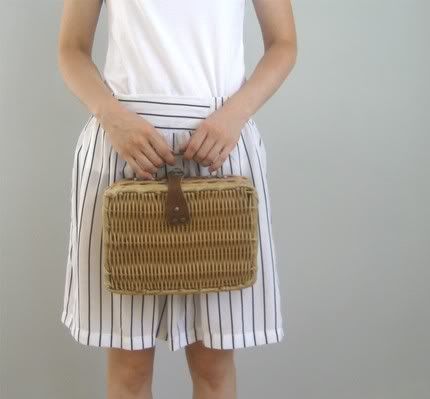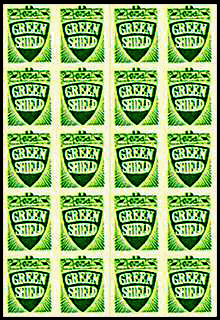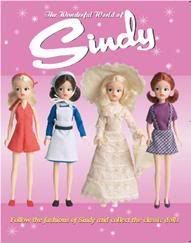
I hated them as they use to make me feel like I was choking

I errrrrrm, had a pair of orange and purple ones
Do these knitting patterns still come with the "model" pointing to some imaginary object in the sky.



Then again no-ones ever asked me for any fashion advice - ever!
But then again the seventies was one HUGE fashion faux-pas

I'd say the one with the tash, but I dunno cos that flowery t-shirt is just so "you".



first record I ever bought was Johnny Ray's Just walking in the rain - it was at a jumble sale for school and cost me 2s 6d for a bunch of 78s
Unfortunately the record warped, so my brother had the clever idea of putting it in the oven, on a low heat, inbetween two plates, to try and flatten it







HILLMAN AVENGER - me uncle had one and we thought it was the bees knees wen we first saw it


Littlewoods Catalogue Home Shopping
1970s: YEARS OF UNCERTAINTY
A 14% devaluation of the pound shattered Britain's insular complacency. The outside world intruded (most spectacularly when a man walked on the moon, which the nation saw on colour television) and the UK embarked once again on a course of doubt and irresolution, compounded by an outbreak of savage violence in Northern Ireland.
Economically, inflation started to matter as the cost of living rose. It stood at 6.4% in 1970 but, by 1974, after decimalisation and a massive rise in oil prices, inflation soared to 15.9%.
Littlewoods' 1972 catalogues were the last before Britain joined the Common Market. Catalogue shoppping once again reflected the increasing pace of electronic innovation. They also mirrored the economic downturn and the effects of the new currency.

But there were plenty of new lines on offer, including electric can openers, coffee makers and hot plates; tumble driers and spin driers and the electric overblanket joined the underblanket.
And home shopping maintained its competitive edge against not just the supernarkets, but the discount houses too.
A portable radio was listed now as costing "£6.65, or 20 weeks at 33p a week"; the traditional -but much flashier -three-piece suite cost £75.75, or £1.51 a week over no fewer than 50 weeks. A Hotpoint washing machine was priced at £131.29 (50 weeks at £2.52), and a Hoovermatic at £10:3.85.

For parents of young families, a deluxe pram cost £19.95, a pushchair £15.95, a playpen £19.60 and the first car babyseats £10.85. A trendy leather swivel armchair was listed at £37.50 and a divan with headboard cost £29.95 (the practice of rounding up to just under the next pound was firn11y entrenched).
For the kitchen, a 51-piece dinner and tea set was still very reasonably priced at £9.85; a three-piece aluminium saucepan set cost £3.80 and a pressure cooker £10.48. New gadgets included a food slicer for £5.50, sets of non-stick pans for £7.99 and food mixers priced at £9.85.
An upright vacuum cleaner was listed at £41.80 and the most innovative gadget of all, a dishwasher, cost £112.25.
Cine cameras were as plentiful as box cameras had once been and were listed at a range from £43.30 to £79.65.
The "cabinet gramophone" had been refined into a sleek stereogram at £96.25 (50 weeks at £1.9:3).

At £7.85 an electric shaver cost twice as much as an iron; hair curlers, anew invention, cost £8.70.
The first rotary clothes lines went on sale for £4.49, and the first garden rotavators cost £69.95.
Other leisure and labour-saving devices included instant cameras from £4.30, polaroids from £7.30, electric sewing machines from £36.95, and an electric guitar at £24.05.
The cheapest man's watch was listed at £3 (£9.99 for a Swiss one), and a young man could still buy a diamond engagement ring for £16.95.
 FEMINISM
FEMINISM The early 1970s saw the politicisation of advertising's portrayal of life, and a vigorous anger developing in the feminist movement's view of what constituted the new male offences of sexism, racism, chauvinism, and stereotyping.
Towards the end of the decade the rise of international feminism promised in Britain another startling sea-change in feminine perceptions of a country where the ruler and chief minister were women of extraordinary character and accomplishment. Yet it was calculated that housewives still spent 40 hours a week and walked 52 miles doing household chores, including no fewer than 21 hours in the kitchen alone.
Chicken replaced beef as the nation's favourite Sunday roast, and coffee almost caught up tea as the preferred non-alcoholic drink. Hollywood started specialising in disaster movies and "big" adventure films (The Towering Inferno, The Poseidon Adventure, Earthquake, Jaws), and the drop in audiences was stemmed as younger people forsook a night of TV for the exotic pleasure of 'going out.'
By 1976 there were 19 local radio stations. The contraceptive pill was widely available: strangely, illegitimacy had increased threefold in the past 20 years and the pill seemed unable to stem the flow of unplanned births. In 1975 15.5 million vehicles jammed the roads of Britain, and in the following year the Queen pressed a button to start the flow of North Sea oil.
The view this months offers from from the Littlewoods catalogue and website click this link.
